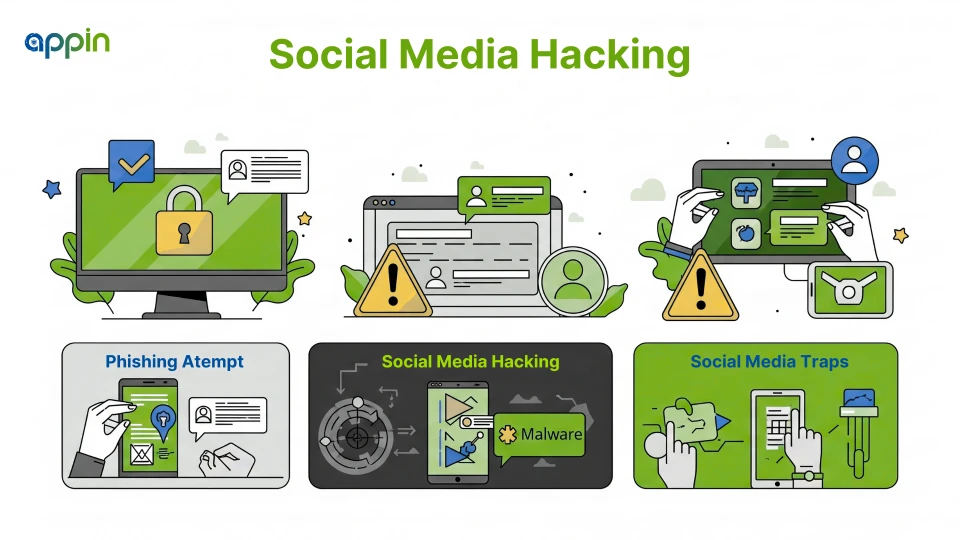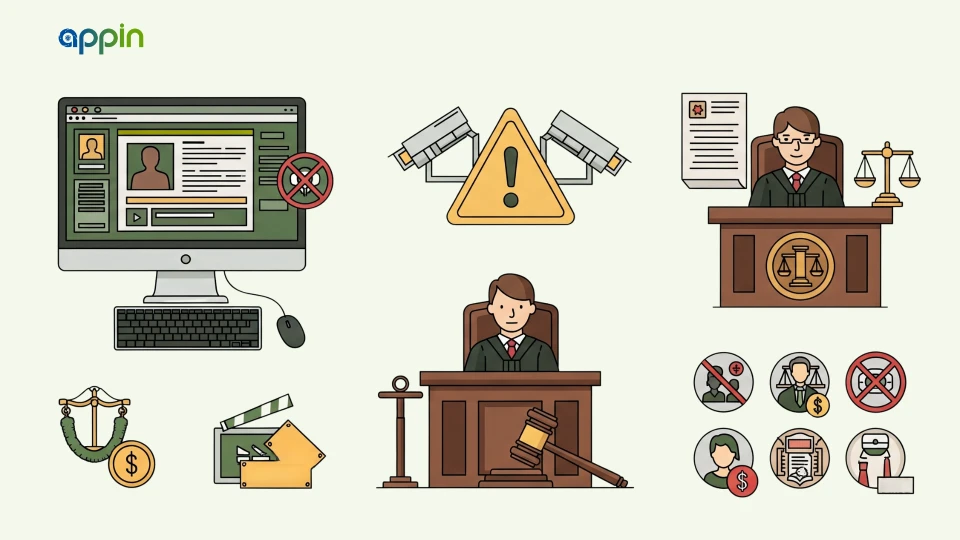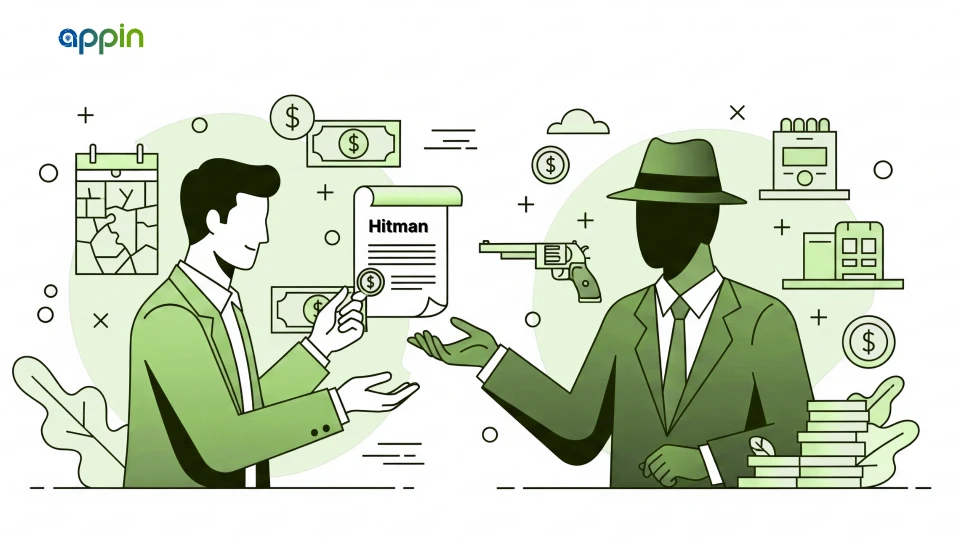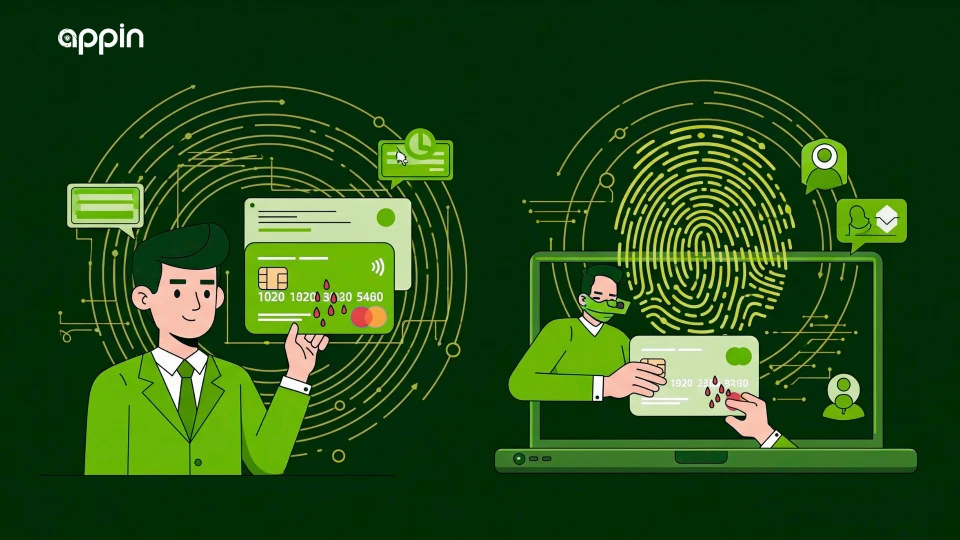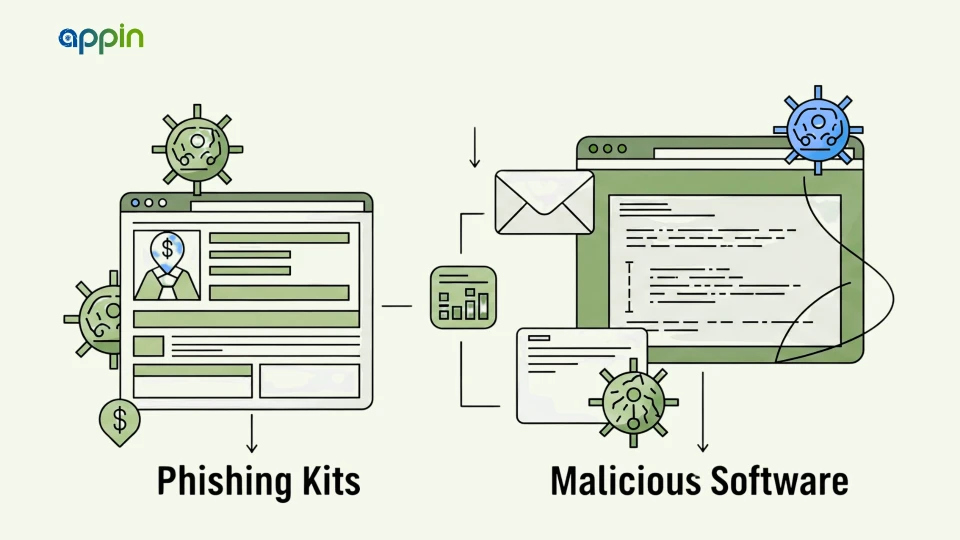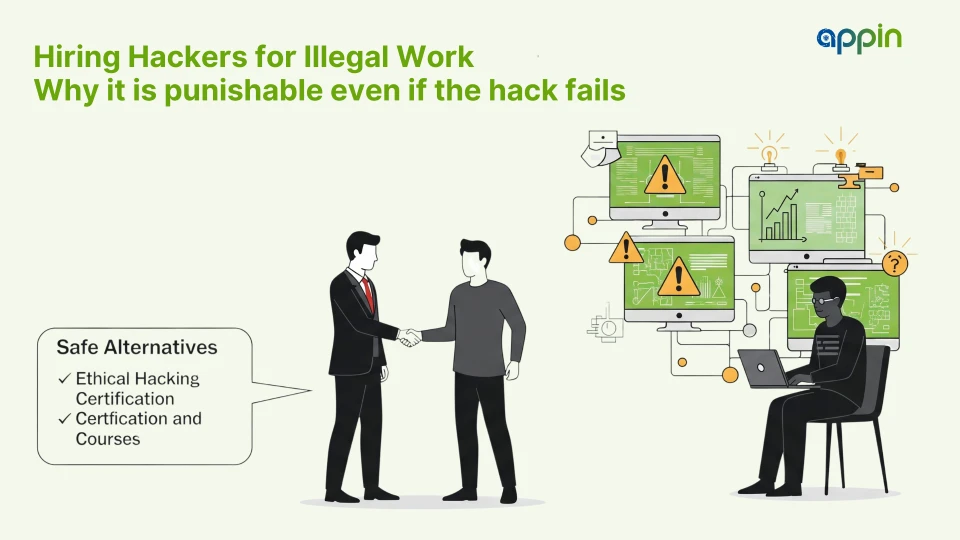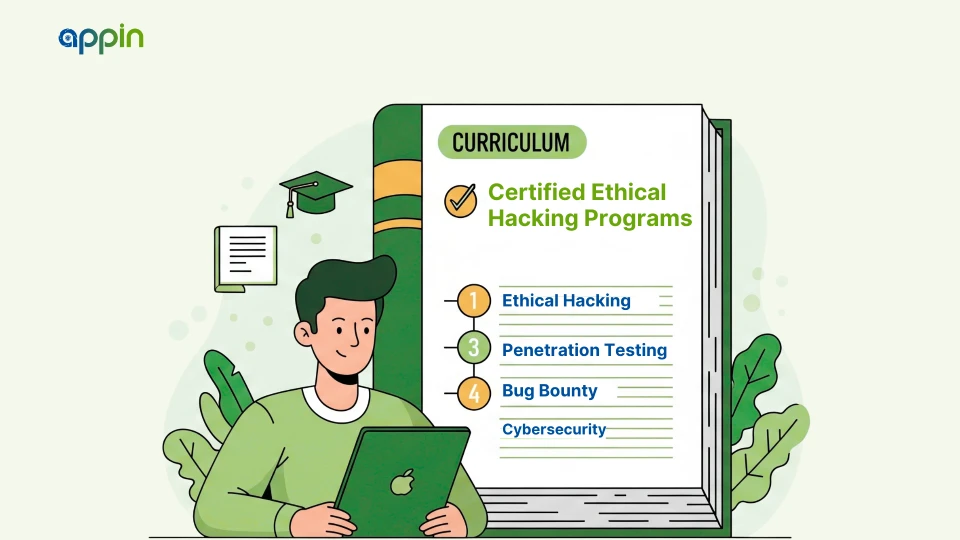Every day, millions of Google Searches are made without a second thought. While most are harmless, some can lead to serious legal trouble. Governments, internet service providers, and law enforcement agencies can monitor search activity, and certain keywords or topics can instantly trigger suspicion.
The reality is that even curiosity can cross into dangerous territory if you type the wrong thing. In the cybersecurity world, awareness is as important as skill. That is why learners exploring topics like ethical hacking are taught to focus only on legal, educational searches.
In this blog, we will look at 11 search terms that can land you in trouble, explain why they are risky, and share safer alternatives. Whether you are a student, professional, or planning how to become an ethical hacker, knowing what not to search is just as important as knowing what to learn.
Search 1 – How to Hack Social Media Accounts
Typing “how to hack” followed by the name of a social media platform is one of the fastest ways to violate cybercrime laws. Under the IT Act in India and similar international laws, accessing someone’s account without permission is a criminal offense.
What makes this search even riskier is the number of scam websites that promise “easy hacks” but are actually traps. Many contain phishing forms that steal your own passwords, or malware downloads that can take over your device.
If your interest is academic or professional, focus on learning how to become an ethical hacker through proper training and certifications. For example, enrolling in a Cyber Security Certification program allows you to explore account security methods legally, through controlled simulations and ethical frameworks. This way, you gain the same technical skills without breaking the law.
Search 2 – Buying or Selling Illegal Drugs
Among the most dangerous Google Searches you can make are those related to buying or selling illegal substances. Law enforcement agencies actively track such activity, and certain search terms can immediately flag your IP address for investigation.
Many of these searches lead to dark web marketplaces or illegal forums. Accessing these sites without proper authorization can lead to criminal charges, even if you do not complete a purchase. Some users also fall victim to scams where money is taken but no product is delivered, leaving them vulnerable both legally and financially.
In short, this is one search category that can get you in trouble instantly, regardless of your intent.
Search 3 – Downloading Pirated Movies or Software
Searching for pirated movies, cracked software, or torrent links might seem harmless, but it is actually a form of copyright infringement. Copyright laws protect movies, software, games, and other creative works. Downloading them without permission can result in fines or even legal action.
Internet service providers often monitor torrent activity and may throttle your internet speed or report your activity to authorities.
If your goal is to learn or experiment, consider free and open-source software alternatives instead. For those studying cybersecurity, many training programs and the ethical hacking full course at Appin provide access to licensed tools, ensuring you can practice legally and safely.
Search 4 – Making Explosives or Weapons
Among the most dangerous Google Searches you can make are those related to creating explosives or illegal weapons. Such searches are treated as a direct threat to public safety and can lead to immediate legal action. In many countries, even looking up detailed instructions can be enough to put you under surveillance.
Law enforcement agencies take these cases seriously because the intent behind these searches is often linked to criminal or terrorist activity. Many people do not realize that these keywords are monitored in real time, and accessing certain websites could put you on an official watchlist.
If your interest is educational, focus on safe and legal topics like a cybersecurity learning path or the Certified Ethical hacking program. These options give you challenging and technical skills while keeping you well within the law.
Search 5 – Hiring a Hitman or Criminal Services
Searching for anything related to hiring a hitman or paying for illegal activities is a direct invitation for law enforcement attention. Online platforms and undercover sting operations have caught people attempting to hire criminals through shady websites or forums.
In many cases, these “services” are either scams designed to take your money or traps set up by police to identify and arrest individuals with harmful intent. The penalties for even attempting to arrange such actions are extremely severe, including long prison terms.
The takeaway is simple: this is a search that guarantees trouble, no matter your reason.
Search 6 – Child Exploitation Content
There is zero tolerance worldwide for searches related to child exploitation. Search engines, ISPs, and cybersecurity agencies have strict filters and monitoring systems in place to detect and report such activity. Attempting these Google Searches is not only morally unacceptable but also punishable by lengthy prison sentences.
For cybersecurity students, it is important to understand that topics like these are used in case studies only to highlight the 5 phases of ethical hacking, where investigations track and shut down criminal activity. Any hands-on involvement outside of legal enforcement work is criminal and life-ruining.
Search 7 – Buying Stolen Credit Card Data
Purchasing or attempting to purchase stolen credit card information is classified as financial fraud. This is not just about breaking the law, it also exposes you to other cybercriminals who may scam you or use your own personal data against you.
Cybercrime units use digital fingerprinting and advanced tracking tools to identify users accessing these marketplaces. Even connecting to these platforms via VPN does not guarantee safety.
Students learning the phases of ethical hacking will often study simulated scenarios to understand how stolen data is traced back to its source. These simulations are legal and help prepare for cybersecurity careers without risking criminal charges.
Search 8 – Dark Web Marketplaces
Among the most dangerous Google Searches are those leading to dark web marketplaces. These platforms often host illegal goods and services such as stolen data, counterfeit money, and illegal drugs. While the dark web is sometimes used for legitimate privacy reasons, most marketplaces carry high legal and security risks.
Accessing them exposes you to malware, scams, and undercover law enforcement traps. Authorities actively monitor these spaces, and simply visiting such a marketplace can raise red flags.
If your goal is to learn cybersecurity skills, a safer and more productive choice is enrolling in a cyber security and ethical hacking course. This will teach you how these marketplaces operate in a controlled and legal environment without risking your safety or freedom.
Search 9 – Phishing Kits and Malicious Software
Searching for and downloading phishing kits, malware, or ransomware creation tools is a direct link to cybercrime investigations. These tools are designed to commit fraud and identity theft, and possession alone can be enough for criminal charges.
Beginners often underestimate how quickly these files can infect their own systems, compromising personal data and leaving them open to legal action.
Instead of risking your safety, invest your time in learning secure coding, social engineering defense, and penetration testing techniques through courses. Before enrolling, check details like cyber security course duration to plan your learning path effectively.
Search 10 – Forging Official Documents
Looking up templates or guides for creating fake IDs, passports, or certificates is illegal worldwide. These Google Searches are flagged quickly, as such activities are linked to identity theft, fraud, and even organized crime.
Authorities track suspicious downloads of design files or printing instructions, and involvement in such activities can result in heavy penalties, including imprisonment.
If you are interested in building document security systems instead of breaking them, consider pursuing legal studies like cryptography and identity verification systems. Many programs, such as those with a set ethical hacking course duration, can give you the skills you need without crossing legal boundaries.
Search 11 – Hiring Hackers for Illegal Work
Searching for hackers to break into accounts, websites, or networks is illegal, even if the attempt fails. Law enforcement agencies treat the intent to commit a cybercrime the same as the act itself.
Hiring hackers often involves engaging with scammers who may take your money and disappear, or worse, use your request to blackmail you.
If you are drawn to the skillset hackers possess, there are legal ways to channel that interest. For example, you can join bug bounty programs, which pay professionals to find and report vulnerabilities. Completing a Bug Bounty Diploma can not only sharpen your skills but also increase your chances of securing a high-paying cybersecurity job. In fact, the average salary of ethical hacker in India is already attracting many students toward this legal and rewarding path.
Why Curiosity Can Still Be Dangerous
Many people believe that simply searching for something online is harmless. However, search engines record your activity, and certain keywords can trigger alerts for law enforcement or cybersecurity monitoring agencies. Even if you never act on the information, the search itself can be enough to draw unwanted attention.
Curiosity becomes dangerous when it leads you to unsafe websites, illegal downloads, or contact with suspicious individuals. Once you enter that space, you risk exposure to malware, scams, and investigations.
The best approach is to exercise digital responsibility, understanding that your actions online have real-world consequences.
Safer Alternatives to Illegal Searches
If you are interested in learning how cyberattacks work, you do not need to risk your safety or reputation. There are many legal ways to gain the same knowledge and skills.
- Enroll in certified ethical hacking programs
- Participate in bug bounty programs
- Use authorized penetration testing platforms for practice
When exploring your learning options, be sure to compare ethical hacking course fees and training styles to find the program that fits your budget and career goals. These structured courses not only teach you the techniques hackers use but also the legal and ethical guidelines to follow.
Final Thoughts
The 11 Google Searches covered in this blog highlight just how quickly curiosity can lead to serious legal trouble. From hacking social media to accessing the dark web, each search carries its own risks and consequences.
Instead of exploring illegal paths, consider investing your time in a safe and structured learning journey. For example, Appin’s cybersecurity courses can help you master the skills you need and guide you on how to become an ethical hacker after 12th, turning your interest into a legal and rewarding career.
If you are ready to start learning in a safe and professional environment, Inquire Now to explore Appin’s courses and find the right path for you.


